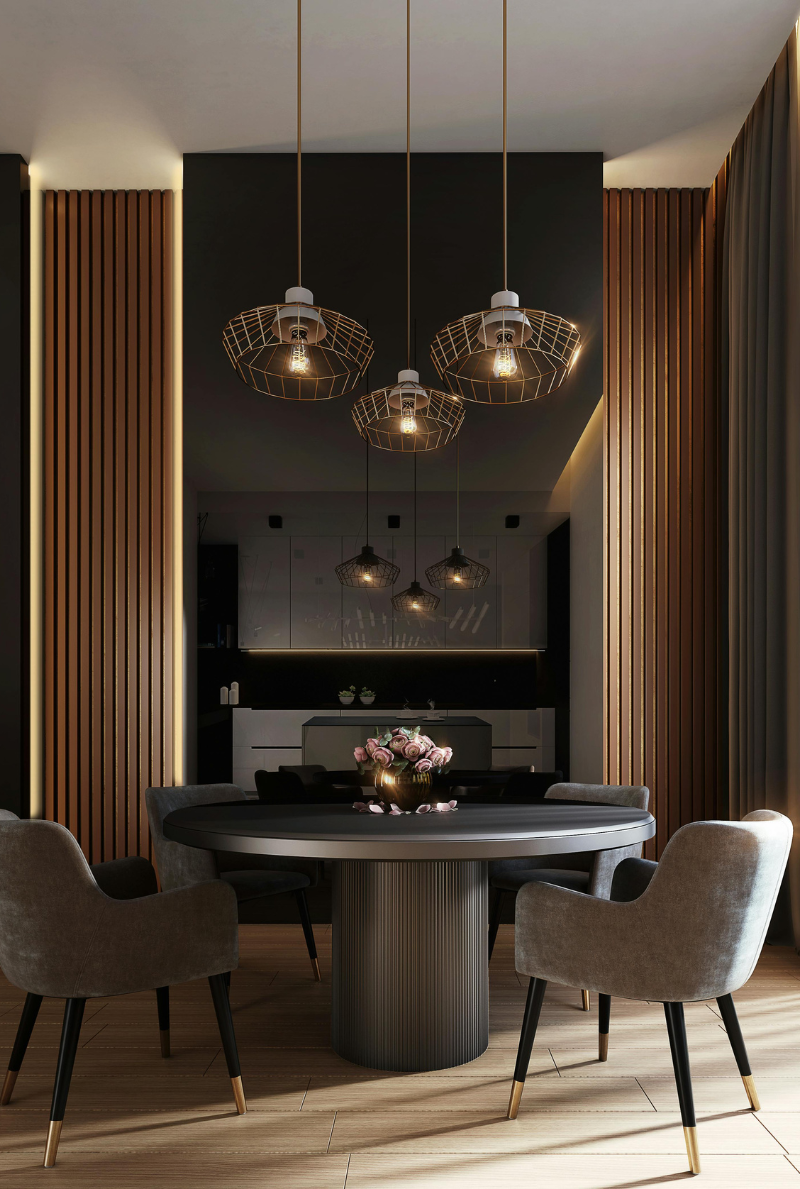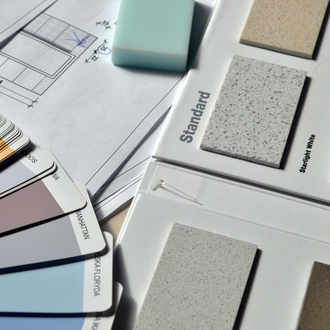5 Easy Tips for a Sustainable Home Renovation
18th Jan 2024
Renovating your home can be an exciting experience, especially when you're working towards creating a sustainable and eco-friendly living space. With various environmental challenges like climate change, it is important to take every step we can to protect our planet. Home renovation projects can contribute to greenhouse gas emissions, but with a little bit of effort, we can reduce our carbon footprint and live more sustainably. In this blog post, we'll share 5 easy tips that can help you have a sustainable home renovation and create a home for the future.
Choose Sustainable Materials
When constructing or renovating your home, pay attention to the materials you use. Opt for eco-friendly and sustainable materials, instead of generic ones. Items such as wood or bamboo flooring, reclaimed materials, recycled glass, and low-VOC (volatile organic compound) paints can make a huge difference. Both sustainable and recycled materials are more durable and will last longer, reducing the need for replacement, and ultimately reducing your carbon footprint.
Research your Supply Chains
Paying attention to where the products you purchase come from has never been more important. Make sure that your opt for companies that are transparent about their supply chains and make environmentally conscious choices. For instance, when purchasing wood flooring, it's important to ensure that the wood has come from sustainably managed forests which is clearly distinguished by the FSC and PEFC accreditations. At The Wood Flooring Co. we only sell floors with these accreditations. Most modern brands today should be transparent about their supply chains with the information easily available on their websites and product informations. If you can't find this information, it's definitely worth asking the question.
Focus on Efficient Lighting
Switching to energy-efficient bulbs will save you lots of money on your monthly bills and reduce power consumption. LED bulbs use 80% less energy than traditional bulbs and last up to 25 times longer, lowering your overall electricity use. Additionally, adjustable lighting and motion sensors help minimise your energy use and are an excellent investment. Smart Lighting is a great choice that enables homeowner to control the lights in your home from your smartphone or smart speaker. Depending on the type of light you have you can change the tone or colour of the bulb, dim the lights or turn multiple lights off at ones. Some smart lighting systems such as Hive all you to use smart devices to control lighting automatically - such as by using sensors to turn lights on or off when you enter a room.

Invest in Renewable Energy Installations
Installing renewable energy sources in your home helps reduce your reliance on fossil fuels and boost your home’s long-term financial sustainability. Consider adding solar panels, which are a perfect way of producing your own energy and reducing your energy bills. Air source and ground source heat pumps are also a great idea, especially if you are doing a self-build and planning to live in your new home for many years which means you will reap the financial and environmental rewards. Ensure that you research thoroughly your options, as some renewable energy solutions aren't always practical for retrofitting.
Reuse, Recycle and Repurpose
When renovating your home, it's essential to think outside the box when it comes to waste management. Don't toss everything out, get creative, and reuse old furniture and decorations that you may already own. Additionally, any items that are still in good shape but no longer needed can be donated to local charities or sold on second hand sites, such as Vinted. Finally, recycled or repurposed materials can add a unique charm and warmth to your home, contributing to a sustainable home renovation.
Think Long-term Investments
When considering a renovation, you must think long-term. In the long run, energy-efficient upgrades and green technology will pay off and will vastly reduce your utility bills. Investing in energy-efficient appliances, low-flow faucets, dual-flush toilets, and other new technologies will ensure that your home stays eco-friendly and sustainable for decades to come. When purchasing home furnishings, it's also best to opt for long-lasting, classic materials that won't go out of fashion, rather than following short-term trends. For example, a high quality engineered wood floor will last for decades, meaning that the initial financial outlay will be more than worth it, as opposed to a floor you will have to replace every five years or so.
Renovating your home is an investment in your comfort, convenience, and personal style. By following the above tips, you can have a sustainable home renovation without sacrificing your style and personal taste. Take it a step further by adopting eco-friendly lifestyle practices such as composting, reducing your water usage, and using natural cleaning products. A sustainable home renovation may require additional effort and research, but it is a crucial step towards sustainably preserving and protecting our planet.

